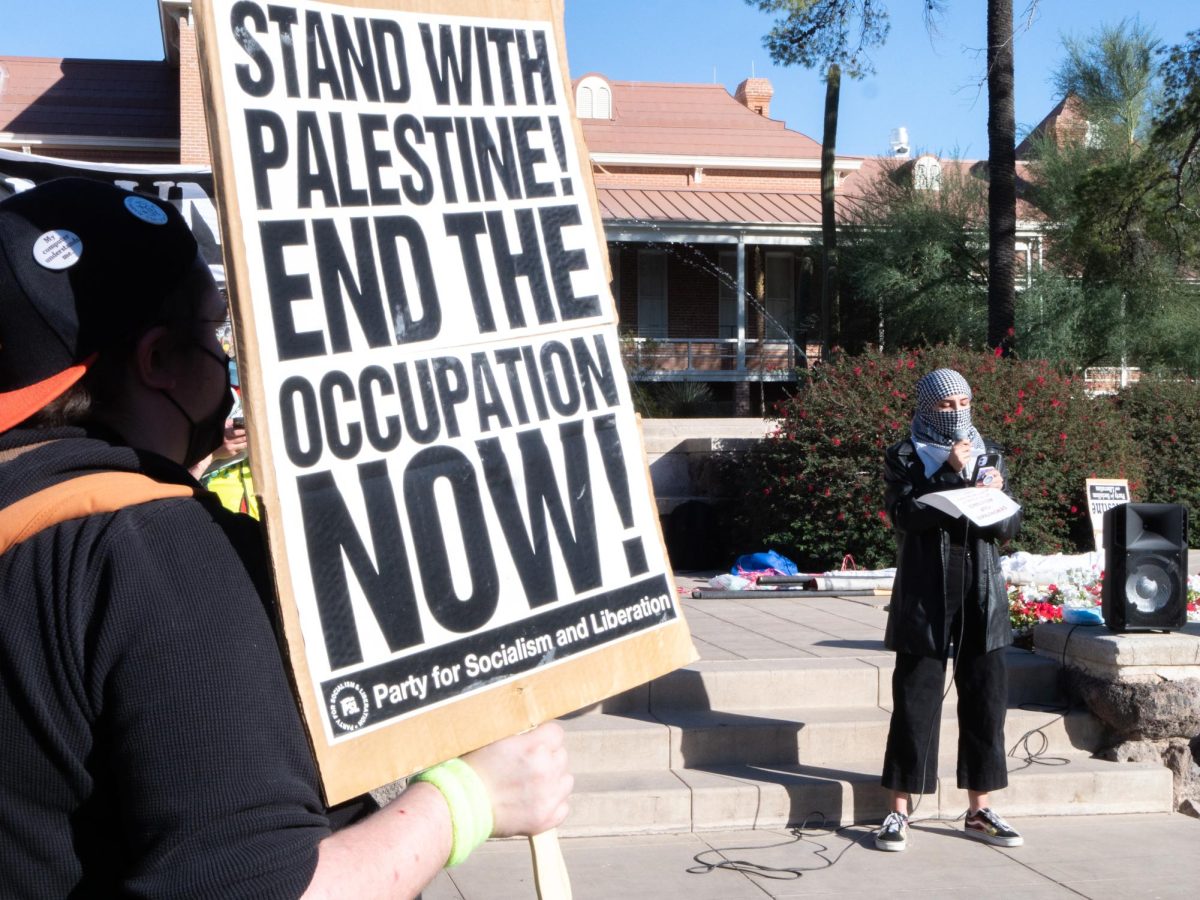Safari-bound tourists are often greeted with a jovial “”Hakuna Matata”” when landing in Kenya. The catchy phrase, made famous by Disney’s “”The Lion King,”” epitomizes the characteristic laid-back African attitude of no worries.
In the past few weeks, however, Kenyans have increasingly had a lot more to worry about – not to mention fewer tourists to welcome. Since President Mwai Kibaki’s largely contested re-election Dec. 27, riots and violence have erupted throughout the country, killing hundreds and forcing more than 250,000 people from their homes.
Such widespread and persistent violence may not seem out of place on the African continent, but Kenya has enjoyed relative stability and economic prosperity over the past few years. Kenya’s booming economy supports much of East Africa and despite tacit acceptance of the chronic corruption of Kenyan politicians, the weeks leading up to the election were filled with optimism by both Kenyans and the international community.
That’s why the election fiasco came as such a surprise. Pundits retrospectively proclaimed the present violence was clearly imminent due to ethnic tensions that have been simmering in Kenya for decades. Yet, the turbulent election outcome verifies the Black Swan theory much more than our ability to accurately predict such events.
The day following the election, Michael Ranneberger, the American ambassador to Kenya announced, “”The process has not been without its difficulties, but overall, when you look at various factors it has gone well.”” Ranneberger’s observation came shortly after foreign election officials praised the election process despite its chaotic moments.
The chaotic moments have devolved into destructive demonstrations on a scale to grab daily international headlines. The publicity has crippled Kenya’s powerful tourism industry, which accounts for over 5.1 percent of its Gross National Product. Blessed with the winning combination of wildlife and scenic beaches, Kenya’s tourism generates the nation’s largest source of foreign exchange. The instability has already critically damaged tourism and augurs ill for foreign aid contributions. The United States and several other nations warned the country they could potentially cut some of the billions in aid Kenya receives each year.
The nation’s current ills can easily be attributed to the pernicious tactics carried out by cronies of both opposition leader Raila Odinga and incumbent President Mwai Kibaki. The incessant news coverage of the protests, however, will hurt Kenya’s chance of making any swift economic recovery in the future.
Such intensive media coverage of what is hopefully a fleeting row of riots remains ingrained in the minds of potential visitors long after the mobs have dispersed. This is particularly significant for a nation like Kenya – and not only due to lost tourism revenue. The nation’s reputation for stability, despite its shared borders with volatile nations like Sudan and Ethiopia, attracts hordes of students and volunteers year round.
Yet as the media concocts parallels between Kenya’s tribal tensions and the ethnic cleansing during the Rwandan genocide, we needlessly prejudice Kenya. Unfortunately, a tattered reputation not only means less tourism, but also less foreign aid, foreign investment and cross-cultural exchange among students, academia and the business sector.
Tourists may have good reason for staying away right now, but we shouldn’t write off the possibility of studying, visiting or working in Kenya, or any nation excoriated through the media, due to bouts of instability. Recent reports show the situation in Kenya has actually largely improved, and life for most Kenyans has returned to normal.
We shouldn’t let the current deluge of bad media coming out of Kenya shape our attitudes of the country. We tend to remember the horrible news much more than readily than any good news. That’s why Westerners have been so reluctant to visit countries with turbulent histories – like Rwanda, despite its current safety and opportunity for tourism.
Admittedly, the current media coverage is not all sensationalism and we have good reason for caution. But a great way we can all help Kenya is to not let the current bad media completely shape our attitudes toward the country.








